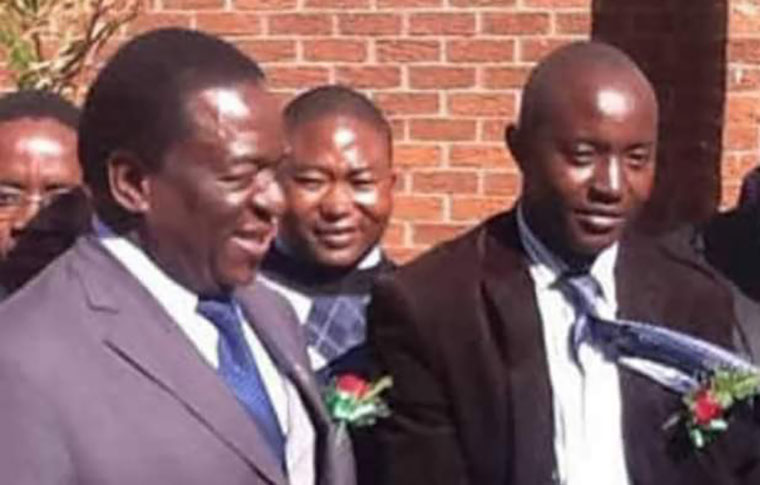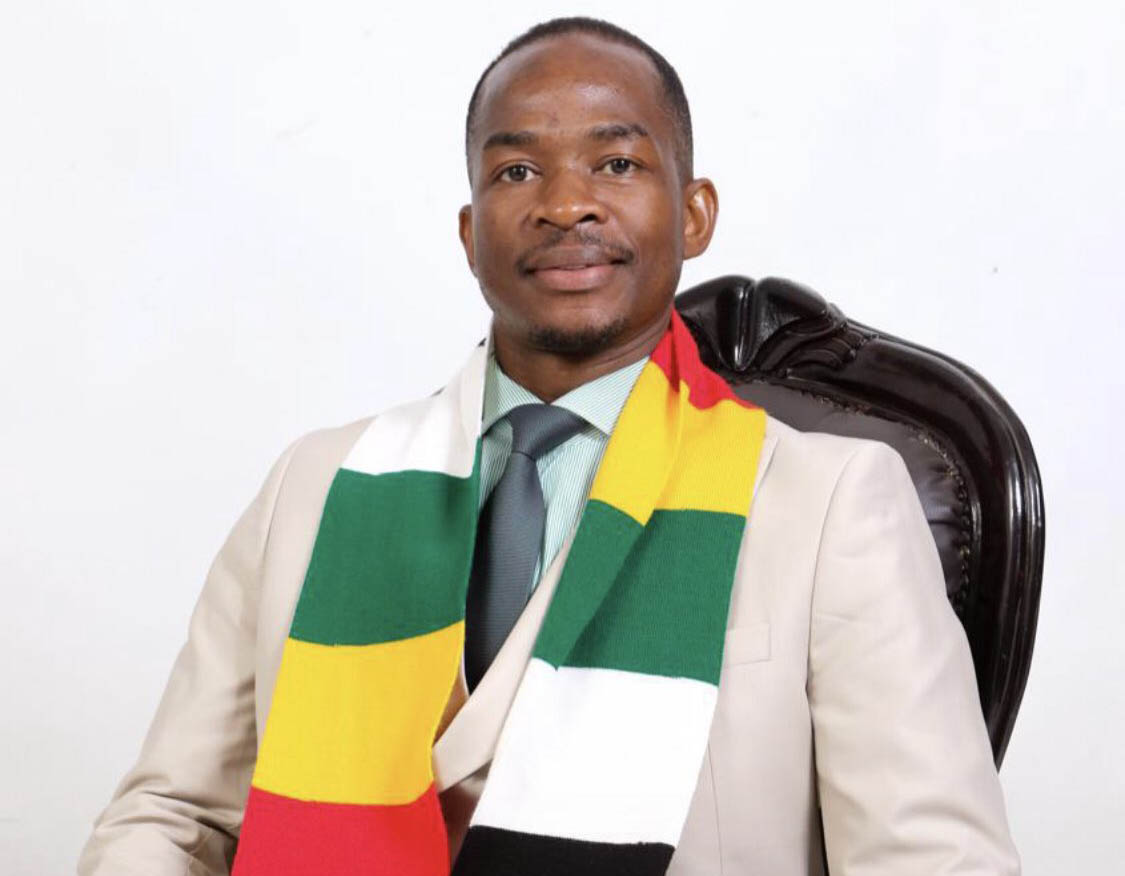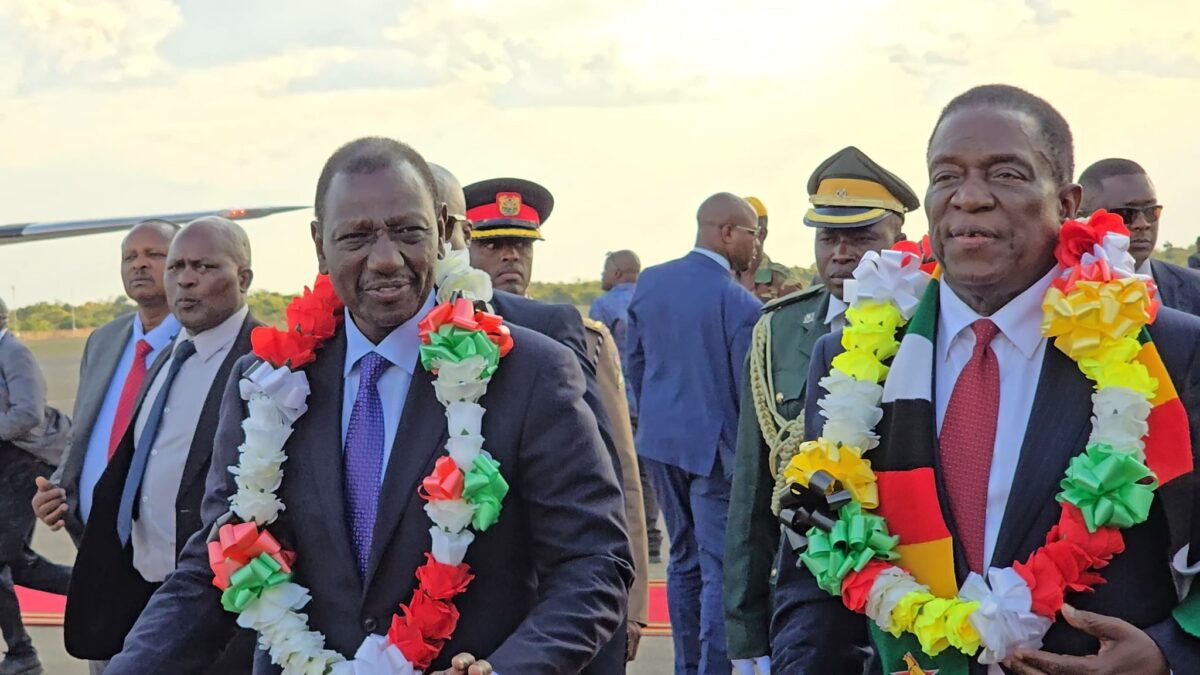HARARE – A Constitutional Court application by a Zanu PF supporter seeking to nullify the delimitation process conducted by the Zimbabwe Electoral Commission (ZEC) has been opposed by parliament, and the matter is set to go for a hearing in March.
Tonderai Chidawa sued the Parliament of Zimbabwe in January after it rejected his plea to investigate whether a preliminary delimitation report tabled by ZEC for debate complied with the constitution.
At the heart of the legal fight is whether the unsigned draft delimitation report was a product of ZEC as a body corporate, or just two members of the commission – ZEC chairperson Justice Priscilla Chigumba and her deputy Rodney Simukai Kiwa.
Seven other ZEC commissioners said they “rejected” the draft but Justice Chigumba allegedly “insisted that the report would still be presented to the president for tabling in parliament and was not bound by the position adopted by the overwhelming majority of the members of the commission,” according to an affidavit by commissioner Catherine Mpofu filed in support of Chidawa’s application.
Jacob Mudenda, the Speaker of Parliament, filed a notice of opposition on Monday, arguing that “what the applicant is asking parliament to do is unconstitutional.”
He says in an affidavit that parliament “did not breach its constitutional obligations” by “failing to determine whether or not the preliminary delimitation report tabled in parliament by the president of Zimbabwe was an act of ZEC as a body corporate as required by the constitution, or was a report by one or two members of ZEC and thus contrary to the constitution” as alleged by Chidawa and his legal team.
Mudenda argues that once received from Mnangagwa’s office, parliament’s obligation was to debate the report and make recommendations.
“Both the submission of the delimitation report by ZEC to the president and the laying of the report before parliament in terms of section 161(7) of the constitution are processes which are deemed or presumed constitutional until set aside by the court,” Mudenda argues.
He added: “The constitution does not require parliament to conduct an investigation other than to analyse the report and make its findings and recommendations.”
Mudenda also argued that a letter by the seven commissioners written to Mnangagwa “never disowned the preliminary delimitation report as alleged at all” and maintains that two affidavits by commissioners Mpofu and Shepherd Manhivi in support of Chidawa’s application “do not take the case anywhere.”
Chidawa and his lawyer Professor Lovemore Madhuku are praying for an order by the court declaring that parliament “failed to fulfil its obligations of protecting the constitution and ensuring the accountability of state institutions… by failing to determine whether or not the preliminary delimitation report tabled in parliament by the president of Zimbabwe was an act of ZEC as a body corporate as required by the constitution, or was a report by one or two members of ZEC and thus contrary to the constitution.”
Should the court grant that first part of the draft order, they want it to further direct that “as a consequence… that it be and is hereby declared that all the proceedings of the parliament of Zimbabwe in respect of the aforesaid preliminary delimitation report and all subsequent processes of the delimitation process under sub-sections 8, 9, 10 and 11 of section 161 of the constitution are null and void and of no force or effect.”
Professor Madhuku told ZimLive on Monday that they expected the matter to be argued at the Constitutional Court in March after Chief Justice Luke Malaba last month declined to hear it on an urgent basis.
“We are filing our heads of argument and then we will go for the hearing, which will likely be in early March,” Madhuku said.
The legal fight over the draft delimitation report, which was severely criticised by both Zanu PF and opposition MPs, could result in elections due in July or August this year being held under old constituency boundaries drawn over 15 years ago.
The row has also brought to the fore Zanu PF factional fights amid revelations that vice president Constantino Chiwenga and spy boss Isaac Moyo are backing Justice Chigumba, while President Mnangagwa and his lieutenants would like to sink the delimitation report and hold elections using old constituency boundaries.
Mnangagwa loyalists claim that ZEC redrew ward and constituency boundaries in a manner that could hand the opposition more seats, and deny Mnangagwa a two thirds majority. This was allegedly done by strategically moving voters from urban opposition hotbeds into neighbouring battleground rural seats controlled by pro-Mnangagwa MPs.
In the preliminary draft, ZEC also “deleted” seven constituencies held by Mnangagwa loyalists among them ministers Felix Mhona and Mangaliso Ndlovu, and Zanu PF chief whip Pupurai Togarepi.
Mnangagwa hawks including the justice minister Ziyambi Ziyambi and the powerful justice secretary Virginia Mabhiza have briefed the Zanu PF leader of an alleged plot to first deny him a two thirds majority in parliament, and with it the ability to amend the constitution to abolish term limits, and then to cause his removal through a process similar to impeachment in which pro-Chiwenga MPs will gang up with opposition Citizens Coalition for Change MPs to ensure he does not finish his second and final term, if re-elected.
Justice Chigumba handed over ZEC’s final delimitation report to Mnangagwa on February 3.















